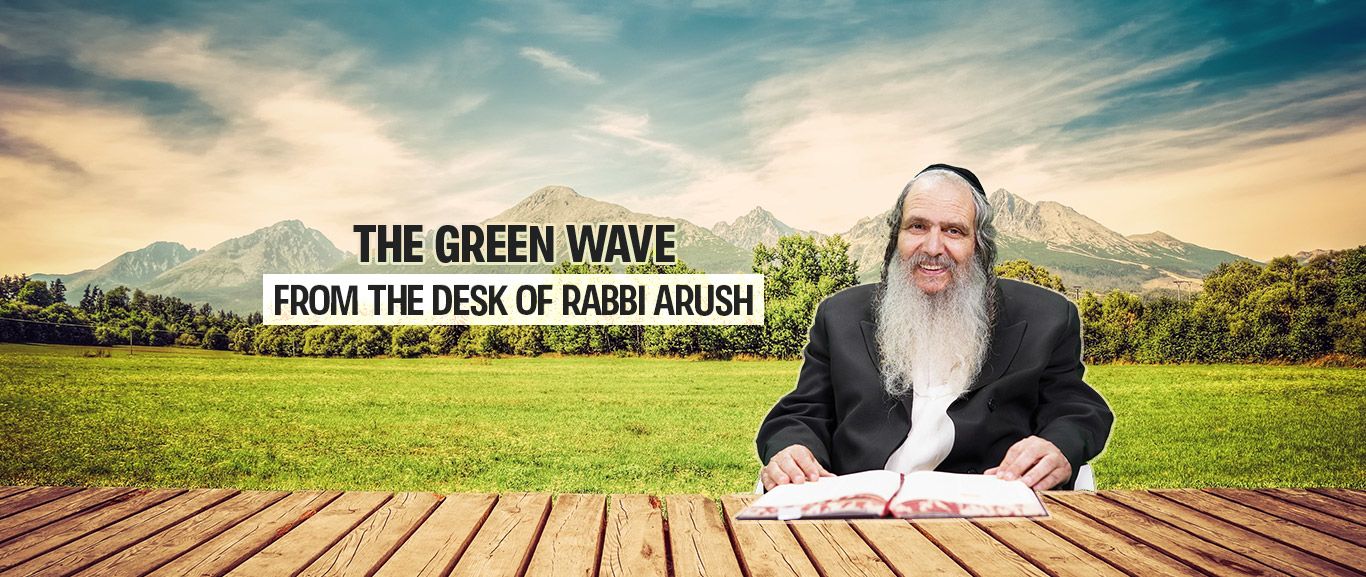
The Green Wave
Imagine hitting a green light at every street intersection so that you smoothly drive down the open road. If only real life could be like that! Read Rebbe Nachman’s Advice on how to make such a dream into reality...

The Gift of Pain
One of the greatest gifts that Hashem yitbarach gave us was our ability to feel pain. Pain warns us of things that are dangerous to us. We would be in big trouble if we wouldn’t keep our distance from heat. Someone who doesn’t feel heat, doesn’t know to avoid it, and the damage to his body might be great, even fatal. Pain is just a warning sign – a “red light” that tells us to stop causing ourselves damage, or to stay away from damaging things.
But even the pain itself doesn’t help, because of our simple tendency to run away from it, ignore it, suppress it and go on with life without any change. The wise thing to do is to come to the correct conclusions from the pain, implement them, and make a change in life.
But there is a wisdom greater than that! The true wisdom is to know that there is pain in the world, and to search and learn what to do ahead of time, so that the pain won’t develop. That is why we warn children ahead of time to stay away from fire, and we don’t wait for them to get a burn to learn to be careful around fire.
Control Panel
This week’s parasha begins with the famous words: “See this: I am setting before you on this day a blessing and a curse: the blessing, if you obey the commandments…; and the curse, if you do not obey the commandments.” 1 What is the Torah telling us here?
To give a simple answer to this question, one can say that the passuk is talking here about the power to choose and the commandment to choose the good; but that raises two questions: One, the matter of choice is written explicitly later on, towards the end of the book of Devarim: “See: I have set before you today life and goodness, and death and evil… I have set before you life and death, the blessing and the curse. Choose life – so that you and your children may live.” 2 And question number two, in our parasha there is no mention at all of choice.
So the question is, if the topic here is not freedom of choice, so what is the topic? What is the Torah coming to tell us by saying that there is a blessing and a curse? What is the message?
The message of our parasha is the matter of pain. The same way pain is a law of nature intended to protect you and make you take care and be cautious and protect your life – so too this entire world and everything that happens in your life – all the blessing and the curse – is all one big control panel that helps you navigate correctly in the paths and twisting ways of life:
When life seems stuck, when you experience the opposite of blessing, when problems come up – that is merely a road-sign, and an alert meant to guide you and make you change your direction, so you won’t hurt yourself. When things are good, and you’re alive, and feel blessed physically and emotionally, experiencing inner and familial blessing – that means that you are on the right path, and you should continue that way.
Life’s Traffic Light
Parashat Re’eh not only deals with choice, but with “driving lessons” for the roads of life. The parasha lays out a map in three pesukim, to allow you to navigate. Life is like a traffic light. As long as you are driving along and have a “green light” – you are in the right direction. But if you run into a “red light” (as in the passuk: “Edom said: ‘You shall not pass through’” 3 ) – then you should start recalculating your route.
Even before the red light, there is a “yellow light.” If you are wise, you don’t wait for the red light, and already upon seeing the yellow light you change your route, and then… the light turns green! In life’s traffic lights the yellow can become green again, because the color of the traffic light depends only on your actions and your direction in life!
The parasha tells us that the blessing and the curse, the good and the bad, are merely traffic lights. And if you are wise, you won’t encounter a red light; and even if you did see a red light, you will make it change into a green one in short order and you may continue to travel safely on life’s roads.
Planning a Smooth Route
And here, precisely, comes Rabbi Nachman’s advice – The Advice, the main piece of advice. You don’t have to start going and then be surprised every minute, because by using Rabbi Nachman’s advice you can plan your route ahead of time so that you will be on a green wave, and you will never reach a yellow light, and certainly not a red one.
How does one do this? You remember the smartest young man, the one who doesn’t wait for the pain to show up? He knows there is pain in this world, and he learns how to avoid the pain and what to do so as not to encounter it?
So here’s the news: there is a wonderful, smooth way to be like that wise young man:
Do an hour of hitbodedut every day!
An hour of hitbodedut means that once a day you look at what you are doing in life, and you search for ways to improve!
This is what is called in all the holy books cheshbon nefesh – taking account. No business can operate or develop or thrive without account-taking, planning, constant checking of how the business is doing; without ceaseless attempts to improve.
It is the same when serving Hashem. One of the greatest people in that realm was the Ramchal, who determined unequivocally: “What is the advice that they give us? ‘Bo’u cheshbon” 4 – let’s take account of the world, because they already tried and saw and knew that only this is the true way for a person to reach the good he wishes for, and nothing else.”
In the same chapter, the Ramchal compares life to a maze, where, without cheshbon nefesh, a person will be constantly bumping into walls and getting lost – and cheshbon nefesh is the only way to make one’s way safely through the maze.
And in our context, when you do a daily cheshbon nefesh, your way is paved for you. You don’t get “stuck”; you always get the go-ahead, the green light, and then your life is full of much blessing, and you avoid many things that are its opposite.
Opening One’s Eyes
Another advantage in doing a daily one-hour hitbodedut is that many times, without self-examination, you miss the “feeling of pain”; you fail to notice the yellow lights that appear in your life. But if you have an hour of hitbodedut, then even if you encounter a yellow light every once in a while, you take note of it immediately, and immediately make all the corrections and do all the actions so that this yellow light will not only fail to turn red but will go back to being green.
So, we see that Parashat Re’eh is like its name: it opens our eyes to see reality in the clearest way: Life contains blessings and curses that are directly dependent on our deeds, guiding us to the right way. The yetzer hara (evil inclination) is just voluntary blindness; whereas the yetzer hatov (the good inclination) is seeing, looking at reality. The entire battle between the two inclinations is between seeing and blindness. Our parasha calls to us to stop being blind and to begin to see!
We will end with the Ramchal’s words, who explains to us how to do cheshbon nefesh and one hour of hitbodedut:
“The rule is: a person should examine all his deeds and oversee all his ways so as not to leave himself one bad habit or one bad midda (trait), not to mention transgressions and willful wrongdoings. I see a need for a person to be meticulous, weighing his ways every single day like great merchants who are always weighing their deals so that they won’t go bad, and he should have set times and hours for this, so that his weighing will not be casual, rather, that it be firmly set, because the results are manifold.” 5
May Hashem give us the merit to do so!
Editor’s Notes:
1 Devarim 11:26
2 Devarim 30:15-20
3 Bamidbar 20:18
4 Bamidbar 21:27
5 Mesillat Yesharim, Chapter 3


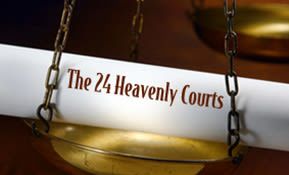

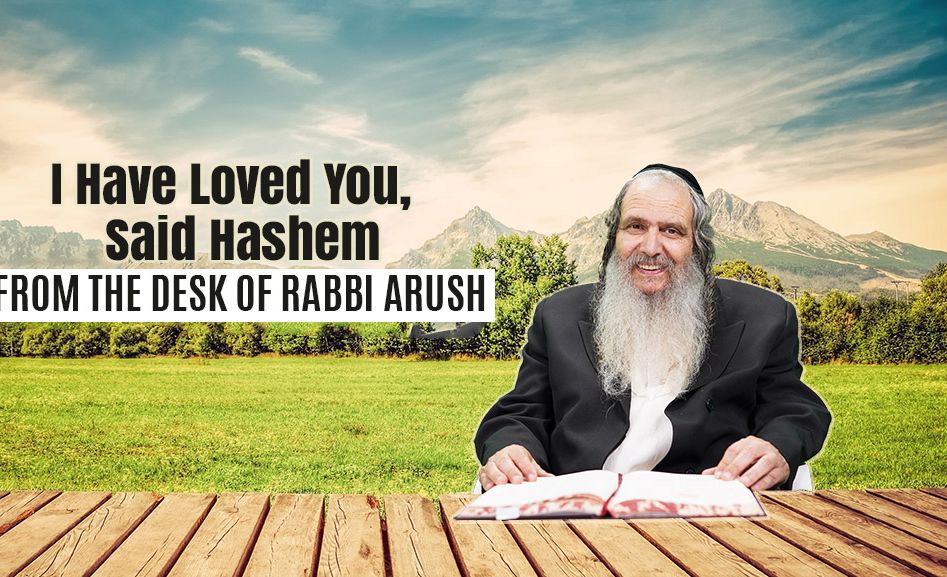
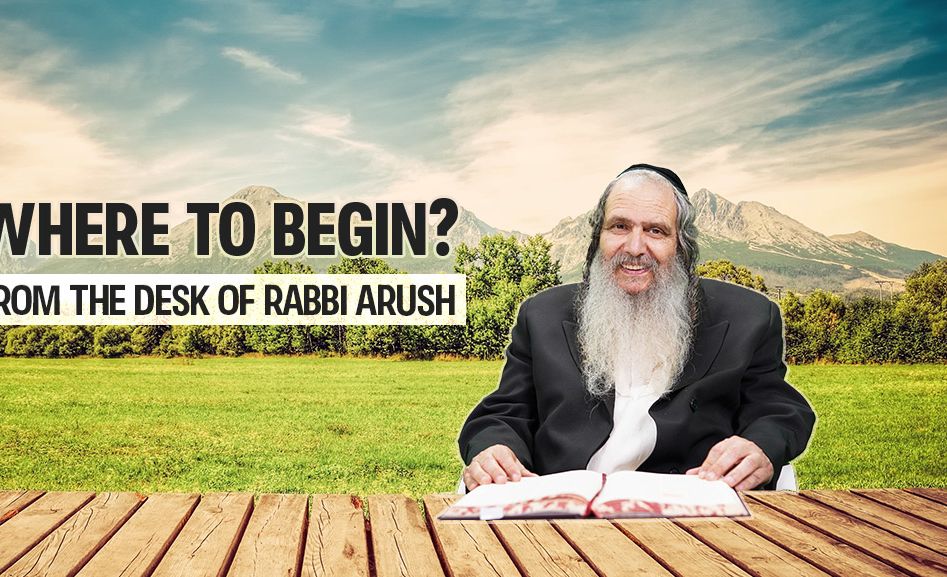
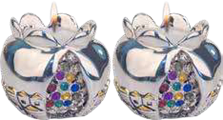
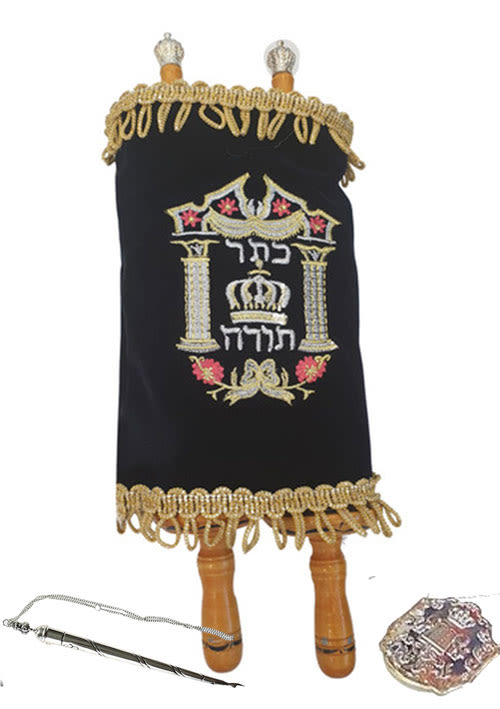
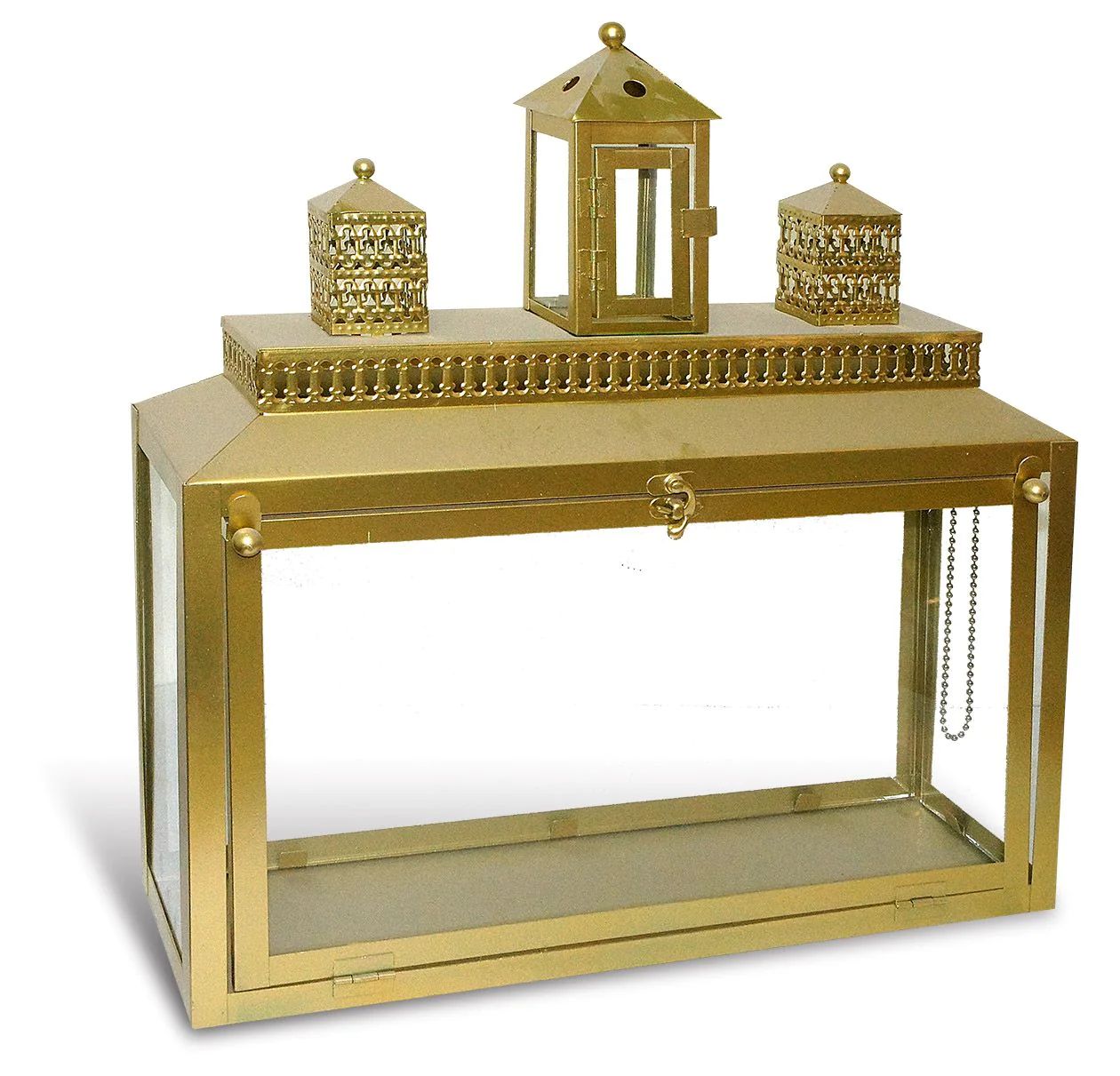
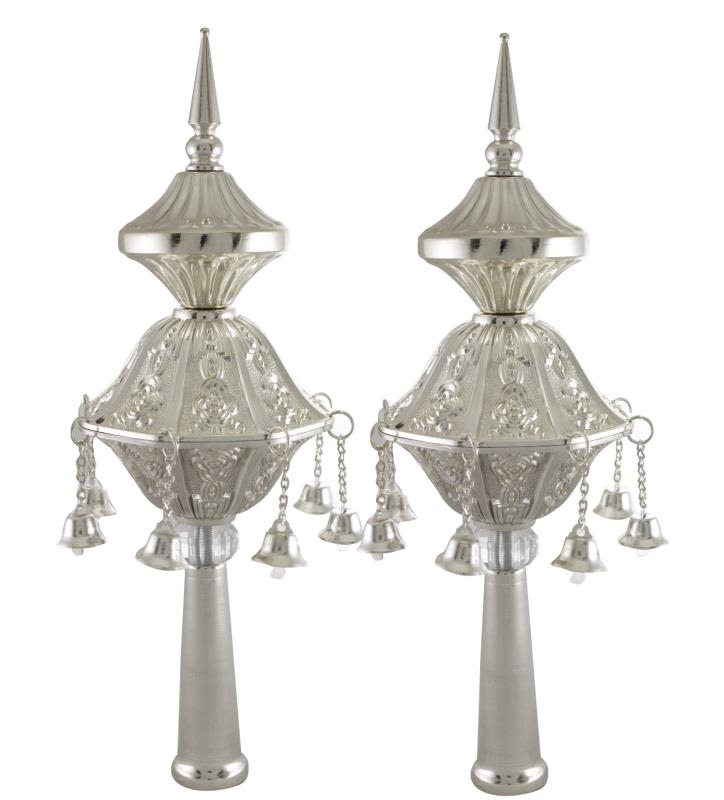
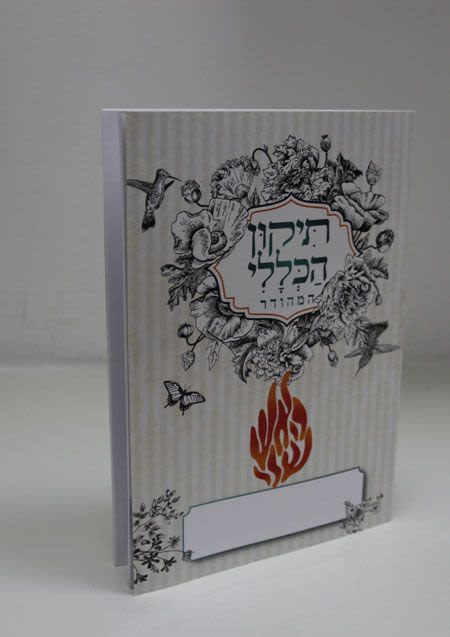
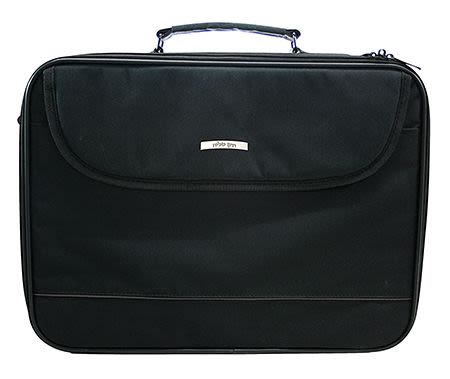
Tell us what you think!
Thank you for your comment!
It will be published after approval by the Editor.